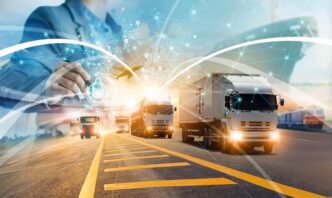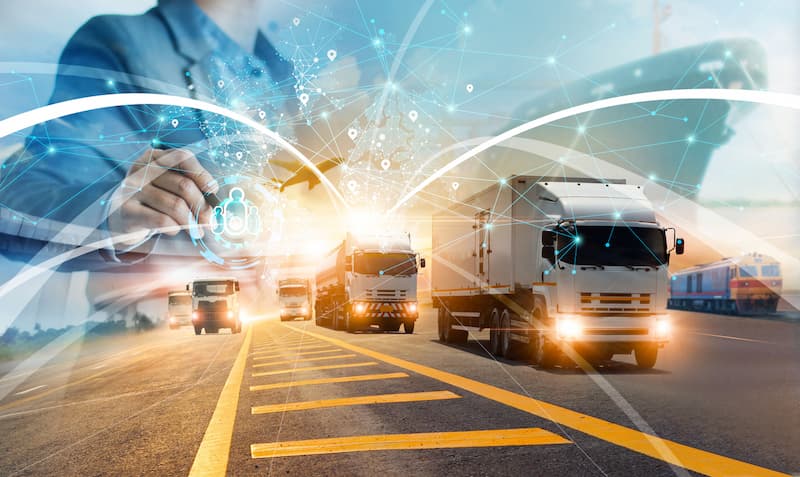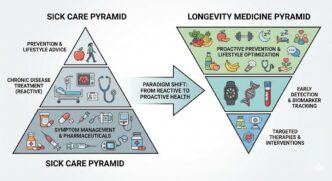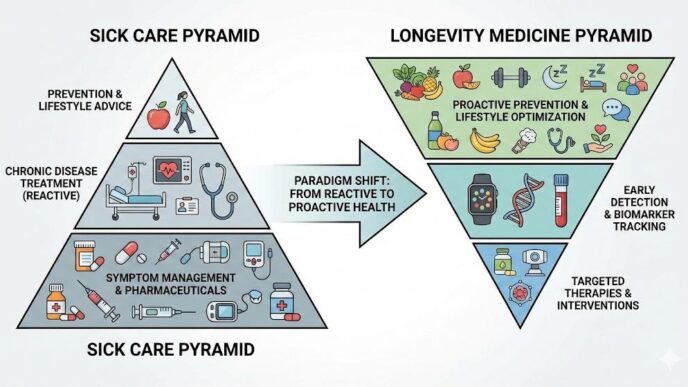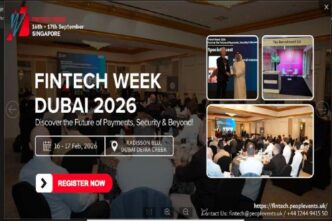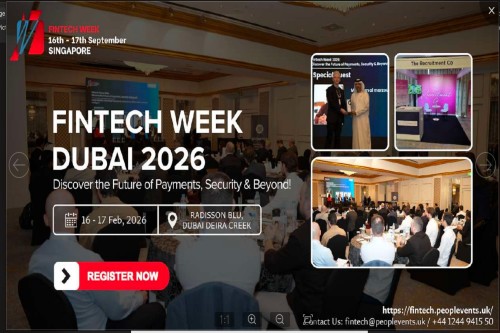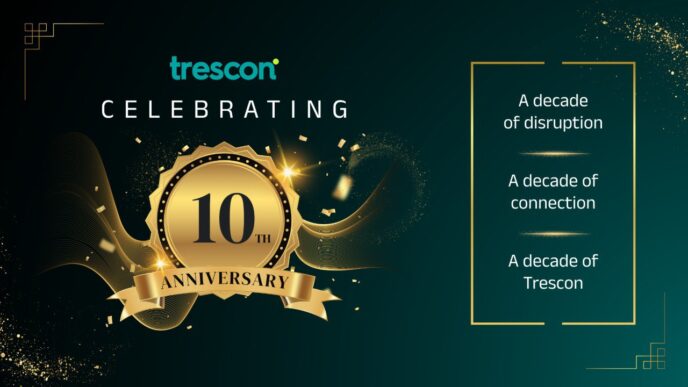In the modern tech landscape, the splashiest innovations tend to be consumer-facing. We celebrate the elegant UIs of on-demand ridesharing apps, marveling at their ability to conjure a car to our location in minutes. This B2C (Business-to-Consumer) model has fundamentally changed urban mobility.
However, in the high-stakes B2B (Business-to-Business) world, “on-demand” convenience often takes a backseat to a far more valuable commodity: absolute, predictable reliability.
For a corporation in Houston—a global hub for energy, medicine, and finance—the ground transportation of a CEO, a key client, or an entire M&A team is not a “ride.” It’s a critical component of a multi-million dollar operation. A 15-minute delay, a no-show, or an unprofessional vehicle isn’t an inconvenience; it’s a costly business failure.
This is why the real innovation in executive transport isn’t the app you see. It’s the robust, invisible B2B logistics stack running behind the scenes.
Beyond the Marketplace: The Proactive Fleet Management Stack
Consumer ridesharing apps operate as a reactive marketplace. They are tech-enabled “matchmakers,” connecting the nearest available contractor (driver) with a customer (rider).1 The platform itself has limited control over the key assets: the vehicle’s maintenance, the driver’s training, or its availability at a specific future time.
Enterprise-grade logistics platforms, which power professional chauffeur services, are the exact opposite. They are proactive asset managers.
The core of this stack is a sophisticated Fleet Management Software (FMS). This centralized “command and control” platform doesn’t just “find” a driver; it manages a dedicated fleet of vehicles and a roster of professional, vetted employees.
This FMS handles:
- Reservation Integration: It takes bookings weeks or months in advance, scheduling a specific vehicle and chauffeur.
- Proactive Maintenance: The platform tracks every vehicle’s telematics, from mileage to engine diagnostics, automatically scheduling preventative maintenance before a breakdown can occur.2
- Chauffeur Management: It manages employee schedules, certifications, and training, ensuring the right person is assigned to the right client.
The Real-Time Data Layer: APIs and Predictive Integration
This is where the B2B tech stack truly differentiates itself. Professional logistics platforms integrate multiple external data APIs to automate reliability and eliminate variables.3
- Real-Time Flight Data Integration (FAA):
When a corporate travel manager books an airport pickup, they provide the flight number. The FMS platform “subscribes” to that flight’s data, typically via a direct FAA or flight-tracking API. If a flight from Dubai is two hours delayed, the system knows. It automatically recalculates the chauffeur’s dispatch time and updates the schedule, ensuring the driver is on-site precisely when the plane lands—not when it was supposed to. The client never has to make a call.
- Predictive Traffic & Itinerary Management:
This system goes beyond a consumer mapping app. It layers historical traffic data with real-time conditions to predict travel times for a future booking. This allows dispatchers to build in buffers, guaranteeing a 15-minute early arrival for the chauffeur.
For complex B2B needs, this tech is indispensable. For instance, a roadshow car service involves multiple, tightly-scheduled stops across the city for investor meetings. The logistics platform pre-loads this entire itinerary, routing it for maximum efficiency and ensuring the chauffeur is always one step ahead.
The Hardware Stack: The Vehicle as a Secure, Mobile Node
In this B2B model, the “tech” extends to the hardware itself. The vehicle is not just a car; it’s a secure, connected node in the company’s operational network.
This “in-car stack” is managed and standardized:
- Telematics: Delivers real-time data on vehicle location, driver behavior, and system health back to the FMS.
- Business-Grade Amenities: The vehicle is an extension of the office. This means standardized, reliable (not a personal hotspot) Wi-Fi, multi-device charging ports, and a private environment for confidential calls.
This level of integration and control is the new standard for Houston corporate limousine services. It provides a secure, productive “bubble” for an executive to work between meetings.
For B2B, the true tech revolution isn’t about finding the nearest car. It’s about ensuring the right car, with the right professional, is in the right place, at the right time, every single time. This invisible, data-driven logistics stack is the real engine powering on-time executive transport.

